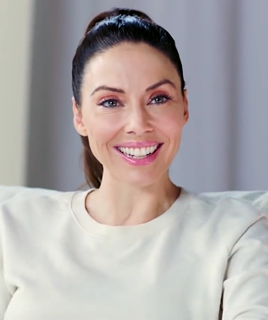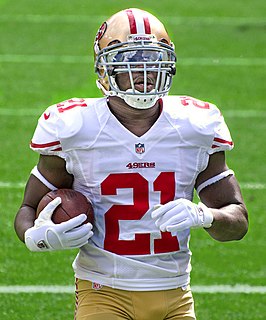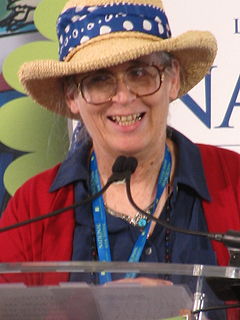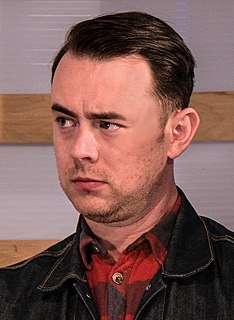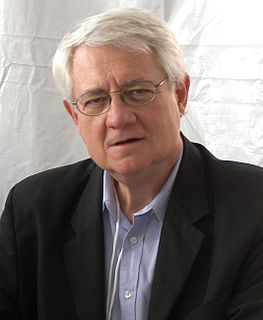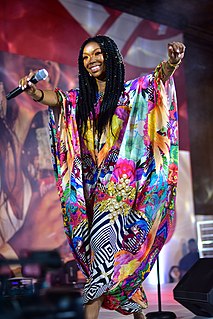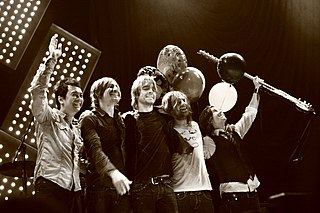A Quote by Brian Eno
Saying that cultural objects have value is like saying that telephones have conversations.
Quote Topics
Related Quotes
I'm always amazed that anyone is paying attention to anything that I do, you know what I mean? I feel like I'm constantly having conversations with people where they're saying, "I didn't know that you could be serious," and then other people are saying, "Oh, I didn't know that you could do comedy." And so I don't know if it really helped too much with this. I like to think that it does.
The process always starts with detailed conversations with the director, followed by a spotting session (deciding where the music goes and doesn't go in the film, and what the music should be saying or not saying) in each scene. This is followed by sending the director demos of each cue for feedback.
I get very, very, very irritable with people who complain about getting old, because I know a lot of people who would gladly trade places with us. I'm not saying it's easy, I'm not saying it doesn't hurt your feelings, I'm not saying it's not painful - and physically as well as mentally and spiritually - and it's frightening at times. However, people have really lost perspective, and it's a really bizarre topic of conversation that it's become a cultural peg in our world that aging is a bad thing. It's not logical to me.
I think hope is not simply looking around and saying that everything’s great – that’s just ridiculous. For hope to have substance, it has to acknowledge the pain. But hope is saying that’s not the final story. It’s not saying pain doesn’t exist, but it’s saying there’s not a period at the end of that sentence. It’s still being written.
When Marlee [Matlin] won her Oscar, she said, "and I just want to thank my parents." When I was saying those words for her, I knew my parents were in the audience. I was saying it for her and a little bit for myself, even though I wasn't saying it in sign language and they didn't understand what I was saying.


